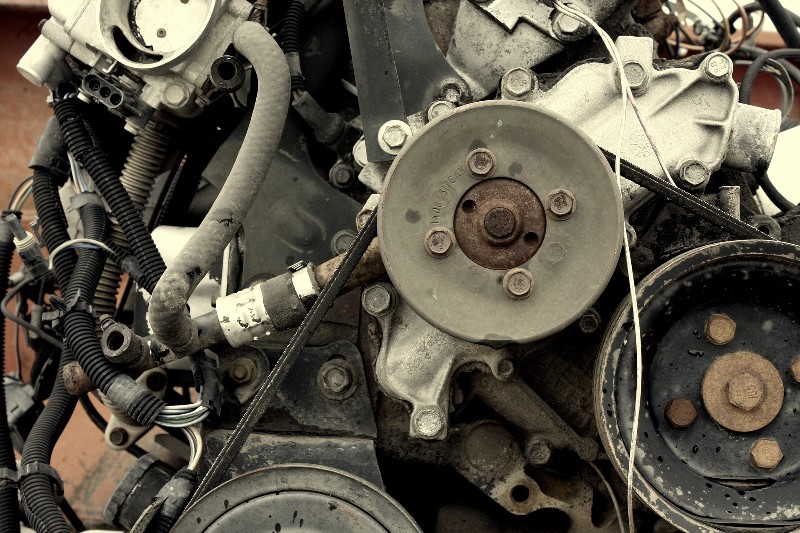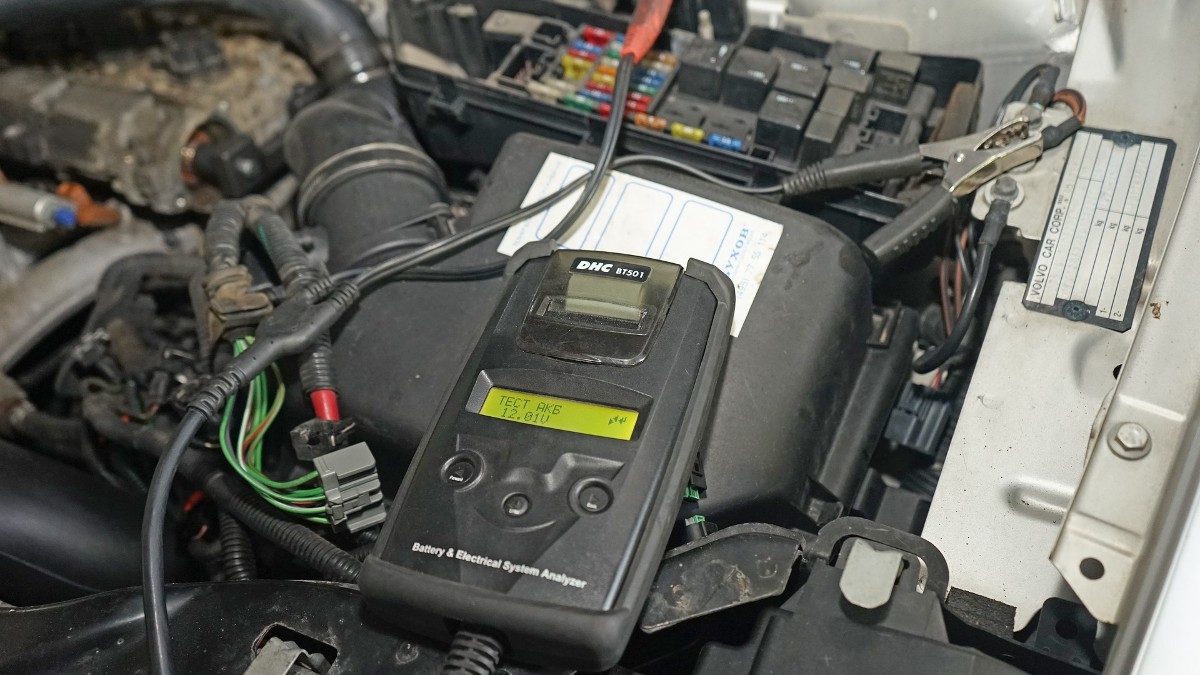Your car battery keeps everything running 24/7. However, it’s prone to various problems down the right. A common scenario is the car battery reading 14 volts but won’t start. You’re now wondering why this happens and how to solve it.
Your car may fail to start despite the battery reading 14 volts. This may result from a bad starter motor, loose cables, and wires, or a problem with the ignition system. The problem can be solved by replacing or repairing defective parts or filling up the gas tank.
The first thing to do when your car won’t start is to check the battery. It may be having little or no juice. However, if the battery is reading 14 volts, it means it’s working properly and you must look for other issues preventing your car from starting.
A car battery is vulnerable as it’s weakened by age, temperature, and vibration. Apart from being an essential component that keeps the car running, it’s among the most expensive to replace. So, keeping it in good shape is key as part of your car maintenance.
How Do I Know It’s Not The Battery Making The Car Fail To Start?
You must be sure that it’s not the battery making your car fail to start. If you use a multimeter and discover that the reading is 14 volts, it means the batter is in good condition. You must then look for other possible problems making your car fail to start.
Why The Car Won’t Start But The Battery Reading Is 14 Volts?
It’s time to figure out which factors may be causing your car to fail to start when the battery is in good condition.
Starter Motor
The starter motor may make your car fail to start when the battery reading is 14 volts. A malfunctioning or worn-out starter motor won’t power the engine appropriately. The motor turns the engine over when you turn the key in the ignition.
You can tell the starter motor isn’t in good condition if it makes a clicking sound. An inspection is necessary to determine whether it needs repair or replacement.
Cables and Wires
A loose connection in the car’s electrical system can make it fail to start. Checking the cables and wires for loose connections may reveal what has been upsetting the car’s electrical connection.
Corroded cables and wires are less likely to deliver appropriate power to start the car. A good idea is to check all the battery terminals, wires on the starter motor, and other cables for corrosion. Clean or replace damaged parts to restore the electrical system.

Fuel System
A car won’t start if it’s not getting enough fuel. Check the fuel lines, fuel tank, fuel pump, and filters to ensure they’re working properly and all are intact. A clogged fuel filter or blocked fuel line may make the car fail to start.
The fuel pump delivers field to the engine and can prevent your car from starting when not working properly.
Ignition System
The car ignition system has several parts such as the spark plugs, ignition cells, distributor cap, and neutral safety switch. Failure of any of these parts can make the car fail to start. Problems with the electrical system lead to a malfunctioning ignition switch that can make the car not start.
Plastic Drain
Shortage in the electrical system or other components drawing power from the battery causes the plastic drain. A faulty motor or voltage regulator encourages discharge even when the car isn’t running.
Leaving the car in a hot environment or forgetting to turn off the engine also encourages plastic drain. It may also result from leaving the car in park mode without engaging the parking brake.
Other Issues
Apart from the issues highlighted above, other issues may also make the car fail to start with a good battery. These may include an alternator, transmission, or corroded battery terminals. It may even be an empty gas tank.
How Can I Solve a Car That Won’t Start But Battery Reading Is 14 Volts?
Here’s what you can do if the car won’t start yet the battery reading is 14 volts.
Bad Starter
A bad starter needs rebuilding or repair if it has a bad armature, bad brushes, shorted field windings, a bad commutator, or a bad solenoid. A wonderful trick to make your car start with a bad starter is to thumb it softly using a hammer while simultaneously cranking the car.
Defective Spark Plugs
The spark plug ignites the cylinder fuel and air mixture in the engine by pushing the pistons down for the field mixture to pass through. Bad spark plugs can make your car fail to start. Get replacement plugs to get your car back on the road.
Empty Gas Tank
Your car needs fuel to run. It won’t start if the gas tank is empty. Always look at the fuel gauge to see how much fuel is left before starting the journey or while on a long journey. A good idea is to avoid hitting the road with the gas tank ¼ full to avoid the pump from going bad.
Clogged Fuel Filter
The fuel filter traps debris to protect the injectors and engine from damage. When the filter is clogged, it inhibits the flow of fuel making it hard for the engine to run. Changing the filter is mandatory to prevent your car from failing to start when you least expect it.
Malfunctioning Fuel Pump
Fuel reaches the engine through the pump making combustion hard. This happens at precise pressure to match speed and performance. Malfunctioning of the pump prevents fuel from reaching the engine and the car won’t start.
With This In Mind,
A car battery is in good condition when it reads 14 volts. However, the car may fail to start despite the reading because of issues such as a bad starter motor and plastic rain. Regular maintenance and repair or replacement of the defective part will solve the problem.

